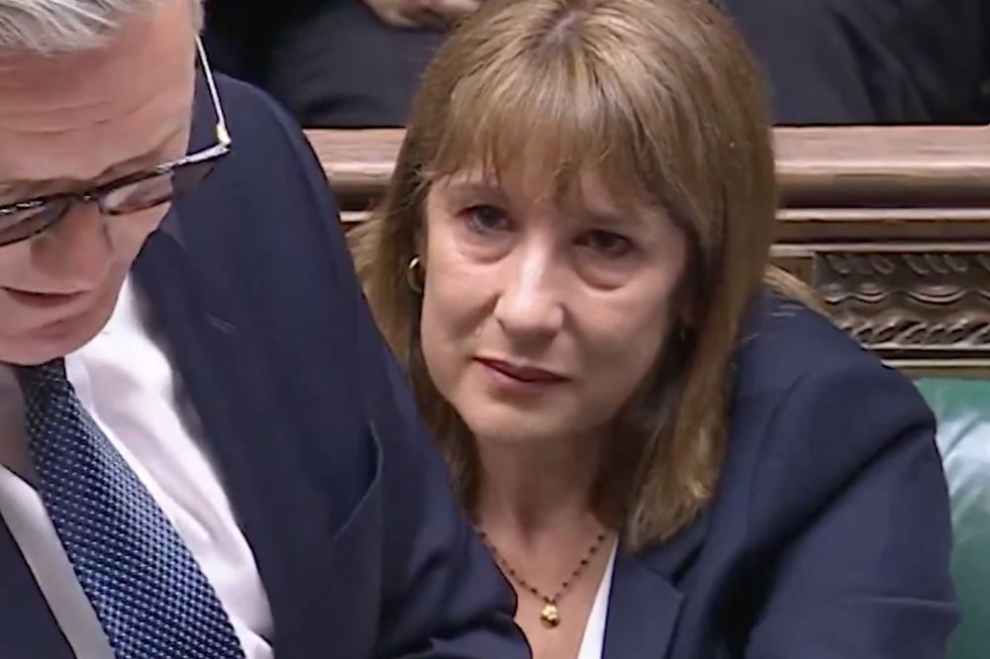Chancellor Rachel Reeves appeared visibly emotional in the Commons on Wednesday, as pressure mounted over the future of her role and Sir Keir Starmer declined to confirm whether she would remain in post until the general election.
The Prime Minister came under fire during Prime Minister’s Questions following a dramatic U-turn on key welfare reforms—plans that had underpinned Reeves’ fiscal strategy. The abrupt reversal left an estimated £5 billion gap in Treasury forecasts and intensified speculation that Reeves may be forced to consider tax rises to balance the books.
Conservative leader Kemi Badenoch seized on the moment, accusing Reeves of appearing “absolutely miserable” and directly challenging the Prime Minister to state whether his Chancellor would remain in post through to polling day.
In a pointed exchange, Badenoch said: “How awful for the Chancellor that he couldn’t confirm that she would stay in place.” Sir Keir sidestepped the question entirely, instead firing back that Mrs Badenoch “certainly won’t” be in government after the next election—a remark that failed to defuse the mounting scrutiny.
At the heart of the controversy lies the government’s decision to ditch proposed restrictions on eligibility for the Personal Independence Payment (PIP), a move designed to stave off a growing rebellion on the Labour benches. However, the backtrack has also eliminated billions in projected savings Reeves had planned to use to ensure day-to-day government spending was funded through tax receipts rather than borrowing.
Mrs Badenoch was scathing in her criticism: “The welfare reforms were intended to plug a black hole created by the Chancellor,” she said, “but instead they’re creating new ones.”
In a particularly sharp attack, she added: “Labour MPs are going on the record saying that the Chancellor is toast, and the reality is that she is a human shield for his incompetence. In January, he said that she would be in post until the next election. Will she really?”
Sir Keir offered a general defence of his party’s performance but declined once again to address Reeves’ political future directly.
As the session concluded, Reeves left the chamber with her sister, Labour MP Ellie Reeves, who was seen taking her hand in what appeared to be a gesture of solidarity during a turbulent political moment.
The Chancellor’s future now hangs in the balance, with Labour’s economic strategy under increasing strain and internal divisions beginning to show.













